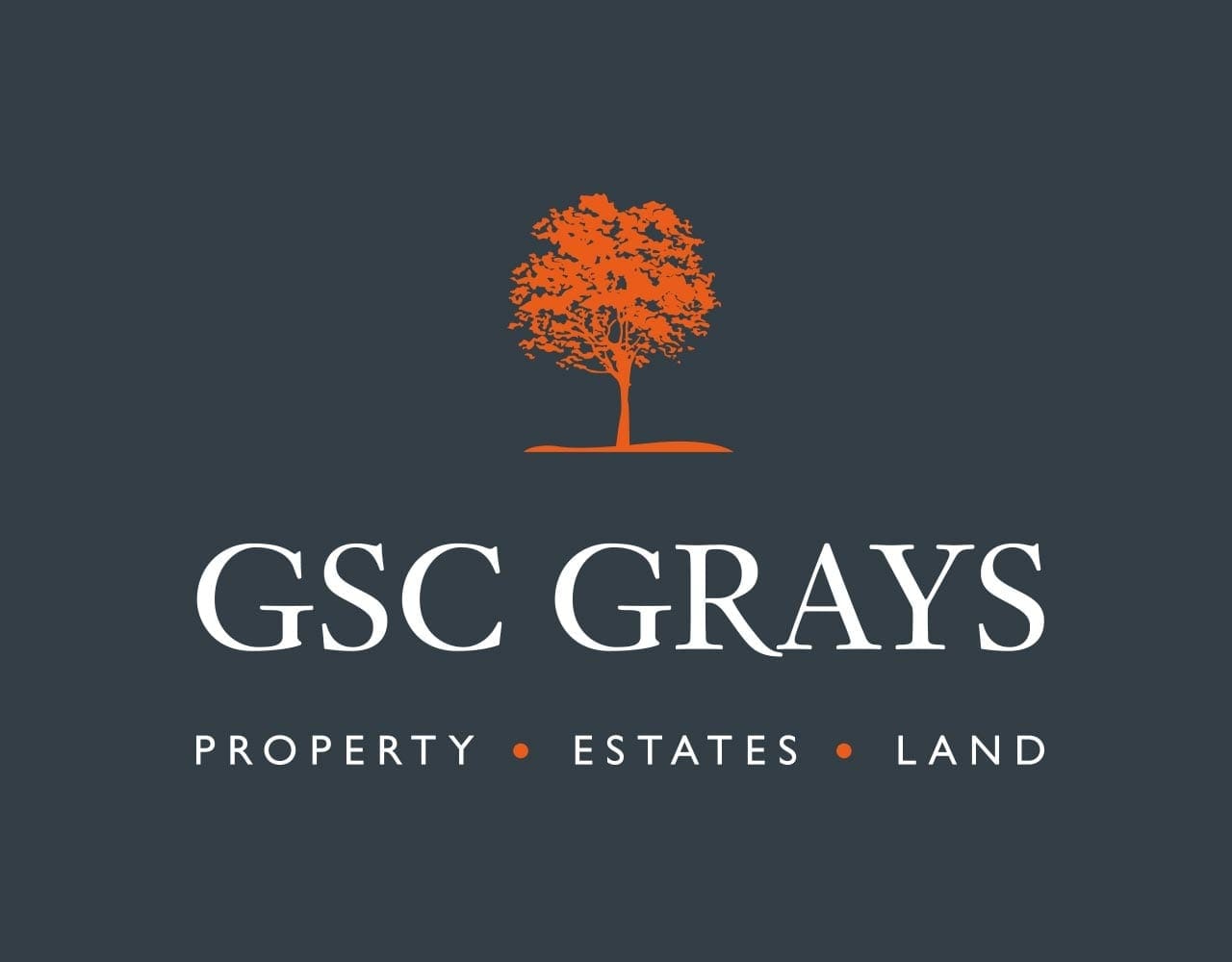Contact our offices
Main office
COLBURN
5 & 6 BAILEY COURT
COLBURN BUSINESS PARK
RICHMOND
NORTH YORKSHIRE
DL9 4QL
Estate Agency Offices are located in
BARNARD CASTLE, BOROUGHBRIDGE & RICHMOND
Residential Management Team
Our Offices
- Alnwick
01665 568310
Email Officealnwick@gscgrays.co.uk - Barnard Castle
01833 637000
Email Officebarnardcastle@gscgrays.co.uk - Boroughbridge
01423 590500
Email Officeboroughbridge@gscgrays.co.uk - Chester-Le-Street
0191 3039540
Email Officechester-le-street@gscgrays.co.uk - Colburn
01748 897630
Email Officecolburn@gscgrays.co.uk - Driffield
01377 337180
Email Officedriffield@gscgrays.co.uk - Hamsterley
01388 487000
Email Officehamsterley@gscgrays.co.uk - Hexham
01434 611565
Email Officehexham@gscgrays.co.uk - Kirkby Lonsdale
01524 880320
Email Officekirkbylonsdale@gscgrays.co.uk - Penrith
01768 597005
Email Officepenrith@gscgrays.co.uk

‘Nothing is Certain But Death and Taxes’ – Inheritance Tax and Probate
DEATH DUTY
To quote Benjamin Franklin “in this world nothing is certain but death and taxes” but all the same, a loss of a family member is always a traumatic and emotive time and brings with it a number of legal and tax implications.
The Inheritance Tax (IHT) threshold is currently £325,000 per individual (£650,000 for couples) and has remained unchanged since April 2009 although in 2017/18 an additional allowance of £100,000 will be introduced (the Main Residence Nil Rate Band) which will increase by £25,000 per tax year up to £175,000 in 2020/21, although it can only be used against the value of the main residence when transferred to a direct descendant. That said, Inheritance tax receipts were around £4.7 billion in 2015/16 and the number of deceased estates is projected to double by 2020 largely as a consequence of rising property values and increased affluence but with some careful tax planning it is possible to mitigate liabilities.
In order to obtain a “grant of representation” it is generally necessary to have all the deceased’s assets valued plus any gifts made in the 7 years before death less the value of any debts. Inheritance Tax is payable at 40% if the Estate is worth more than the nil rate band of £325,000 although there are a number of specific exemptions. The definition of assets is wide ranging and includes money/savings, property/land, personal belongings, furniture, cars, shares, trusts, pensions, life benefits etc with the Executors having 1 year from the date of death to complete the relevant IHT 400 form.
Whilst Solicitors will advise on the legal intricacies the Executor of a Will or Administrator of an Estate typically has to pay Inheritance Tax by the end of 6 months after the person died otherwise interest is likely to be accrued. However, an Estate is exempt from Inheritance Tax if the deceased left everything to their husband, wife or civil partner (who lives permanently in the UK) and there are a number of other reliefs and exemptions including Agricultural Property Relief, Business Property and Heritage Exemption for example which can be exploited. Married couples and civil partners can also give any value in the form of gifts to each other during their lifetime without Inheritance Tax being due under a ‘spouse or civil partner exemption’.
Although no statutory obligation exists, HMRC strongly advocate the appointment of a Chartered Surveyor and RICS Registered Valuer to undertake a formal valuation of the deceased’s property in accordance with the Royal Institution of Chartered Surveyors (RICS) ‘Red Book ’ in satisfying the requirements of Section 160 of the Inheritance Tax Act 1984 “which defines “Market Value” as the price which the property might reasonably be expected to fetch if sold in the open market at that time and that price must not be assumed to be reduced on the grounds that the whole property is to be placed on the open market at one and the same time”.
At this stage the distinction perhaps needs to be drawn between a Surveyor’s Valuation and that of an Estate Agent. Estate Agents are not accountable or bound by the same rules and regulations stipulated by the RICS as Surveyors and all too often only wish to value the property in order to secure a subsequent sale. Conversely a Chartered Surveyor and Registered Valuer has to be able to justify a valuation and will potentially have to face recourse should the valuation transpire to be incorrect. If there is a noticeable variance between a sale price and valuation it is likely to be scrutinized by HMRC and the Surveyor will have to defend the valuation with robust evidence or revise the valuation accordingly.
The valuation will relate to the value of the property interests held by the deceased as at the date of death. A Valuation Report is prepared in accordance with the published guidance on property valuations for IHT, in accordance with the criteria of Section 4 IHTA 1984, which stipulates that; “on the death of any person tax shall be charged as if, immediately before his death, he had made a transfer of value and the value transferred by it had been equal to the value of his Estate immediately before his death.” The RICS Valuation report will include the specific details of the property including its construction and condition as well as extensive due diligence and research covering title, tenure, occupancy, legal, planning and statutory issues as well as an analysis of relevant comparable sales evidence in the area in order to determine the Market Value of the property.
Whilst Estate Agents Market Appraisals continue to be used by Solicitors/Personal Representatives in some instances these typically lack the appropriate due diligence, detailed research, comparable evidence and ultimately the accountability of a RICS Valuation Report, which is required by HMRC and the Capital Taxes Office. In our experience HMRC are also more inclined to dispute or query an Estate Agent’s Appraisal, which can potentially create tax implications. Furthermore, HMRC, often appoint a District Valuer to consider whether the value of the property at the date of death reasonably reflected the value that is being relied upon in the Inheritance Tax account for calculating the tax due. Enquiries establish whether the value of the Estate as detailed within the IHT account is accurate as at the date of death and reflects the Market Value of the property. If HMRC consider the information provided to be misleading or inaccurate, it has the power to impose financial penalties against the Estate and Personal Representatives, which can lead to delays in the administration of the Estate and the distribution of the assets to the beneficiaries.
Under the circumstances Executors/Personal Representatives are strongly recommended to discharge their obligations and obtain a formal RICS Red Book Valuation as this will help to accurately value the Estate and the appropriate quantum of tax to pay as well as expediting the administration of the Estate as efficiently as possible particularly as they hold an obligation to HMRC to account for any Inheritance Tax rightfully due.
GSC Grays undertake Inheritance Tax Valuations of residential, commercial, agricultural, farm and estate properties across the North of England and work closely with a number of the region’s Solicitors and Accountants in providing a co-ordinated and holistic tax efficient approach.
[team-member name=”Ashley Dodgson”]









